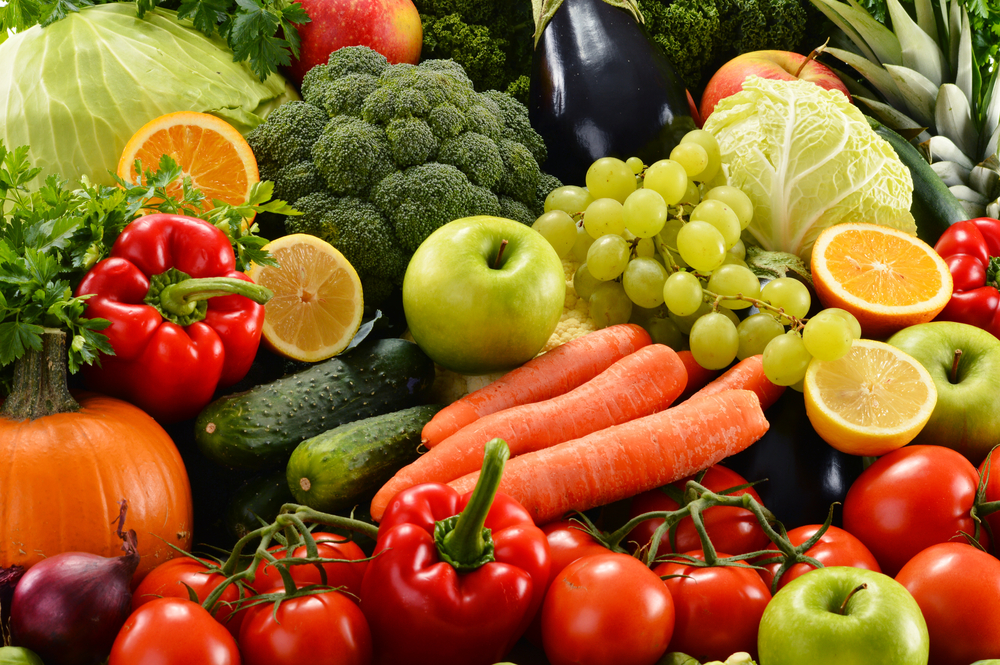Fruits and Veggies May Be Associated With Better Function in ALS Patients

Diets rich in fruits and vegetables may be associated with better function, including respiratory, in amyotrophic lateral sclerosis (ALS), according to a new study.
The study, “Association Between Dietary Intake and Function in Amyotrophic Lateral Sclerosis”, was published in the journal JAMA Neurology.
“There is growing interest in the role of nutrition and environmental factors in the pathogenesis and progression of ALS,” the authors wrote. “There is some evidence that risk of ALS increases with increased intake of macronutrients, such as carbohydrates, glutamate, and fat, and with low intake of various micronutrients, including vitamin E, ω-3 polyunsaturated fatty acids, and carotenoids, as well as fruits and vegetables, although this risk is not consistently demonstrated in studies.”
To understand the association between nutrients and ALS function and respiratory function at diagnosis, researchers analyzed nutritional data from 302 patients (average age about 63) from the Amyotrophic Lateral Sclerosis Multicenter Cohort Study of Oxidative Stress study. The patients had ALS symptoms of 18 months or less.
The patients reported nutrient intake and characteristics of their diet using a modified version of a food questionnaire, called Block Food Frequency Questionnaire (FFQ). ALS function was measured by the ALS Functional Rating Scale–Revised (ALSFRS-R), and the respiratory function was evaluated by the percentage of predicted forced vital capacity (FVC).
“Our results indicate that greater intakes of antioxidant nutrients and foods high in carotenoids appear to be associated with better function at study entry,” the authors wrote.
“The two most highly weighted micronutrients associated with ALSFRS-R score were nutrients believed to be strong antioxidants: lutein and zeaxanthin (15%) and ω-3 fatty acids (18%); the dominant components associated with percentage FVC were ω-3 fatty acids (19%), ω-6 fatty acids (23%), and fiber from grains and vegetables and fruit (9% and 14%, respectively),” according to the study results.
“The primary components from the analyses of the good food group were eggs (19% associated with ALSFRS-R score), fish, poultry, beneficial oils, and vegetables. These foods supply antioxidants and are typically associated with a healthy diet. On the other hand, milk (50%) and lunch meats (32%) were highly weighted in a negative association with ALSFRS-R score, perhaps a result of the higher fat intake and the potential for these foods to promote oxidative stress,” the study said.
Despite these results, no relation of cause-effect was established in the study. It also was noted that the questionnaire may not always represent a true daily diet.
The authors concluded that those who take nutritional care of ALS patients should consider promoting diets rich in fruit and vegetables, as these are high in antioxidants, fibers and carotenes.






